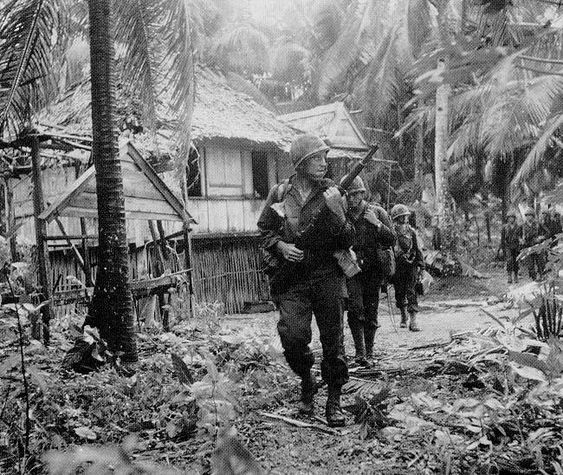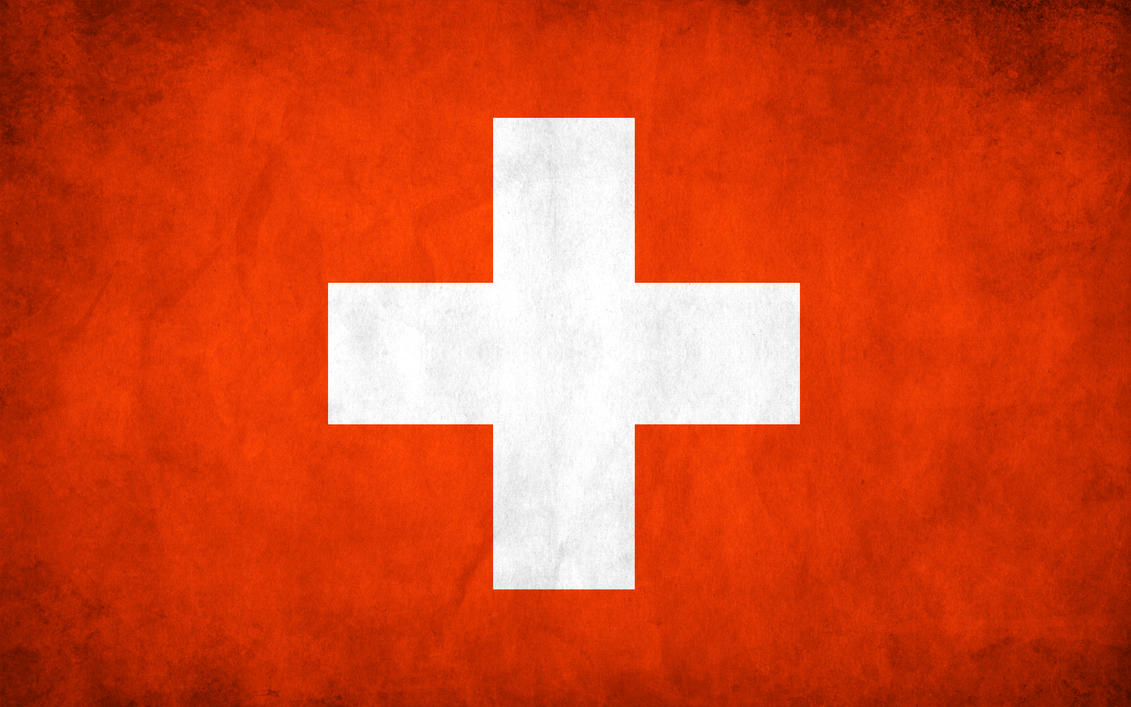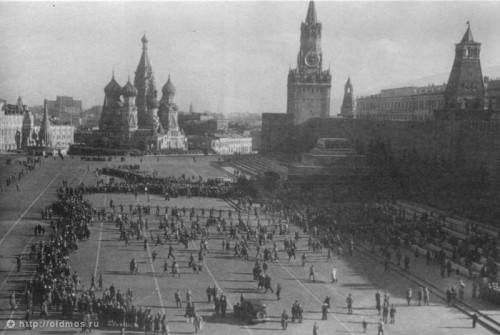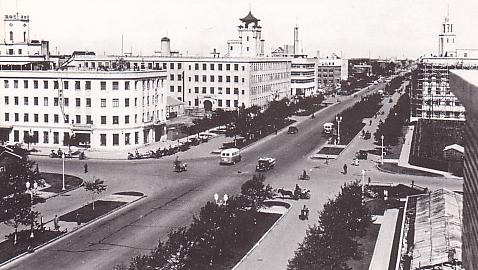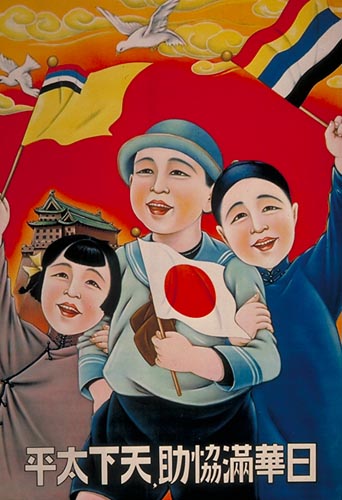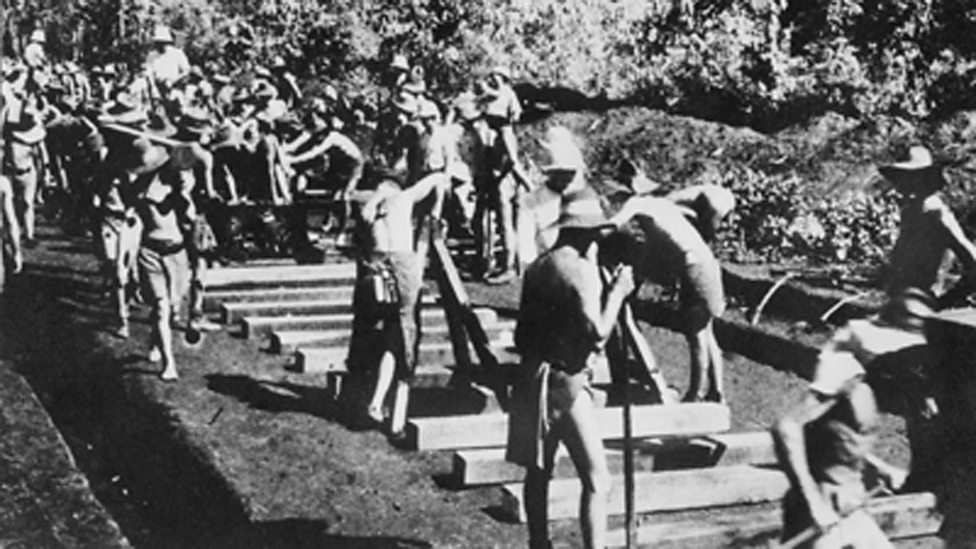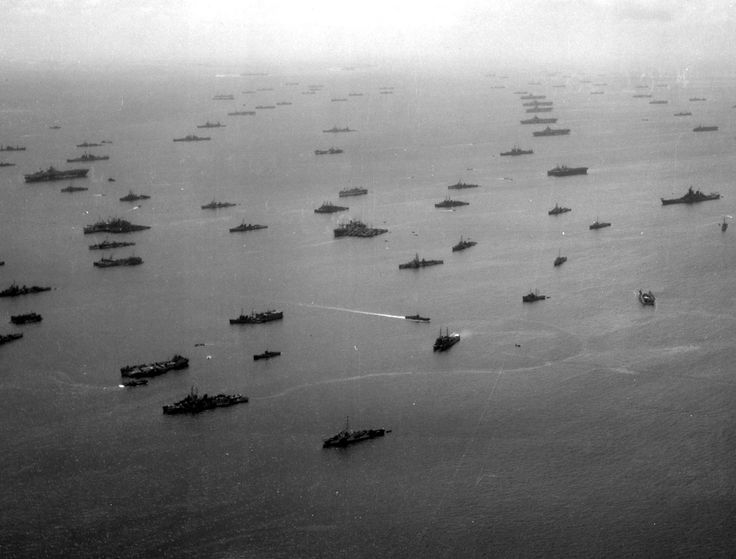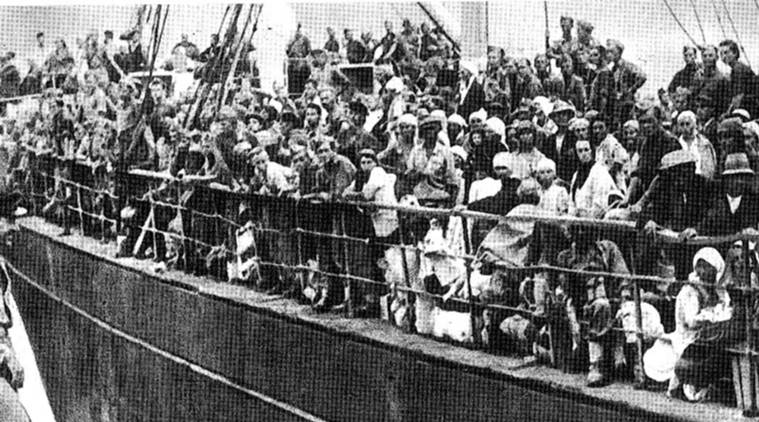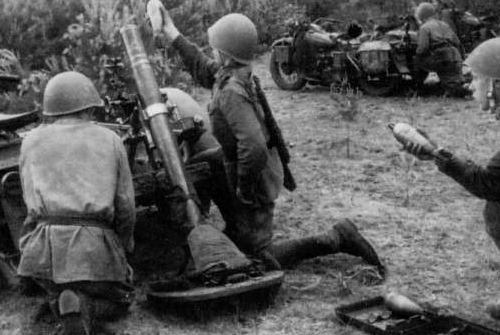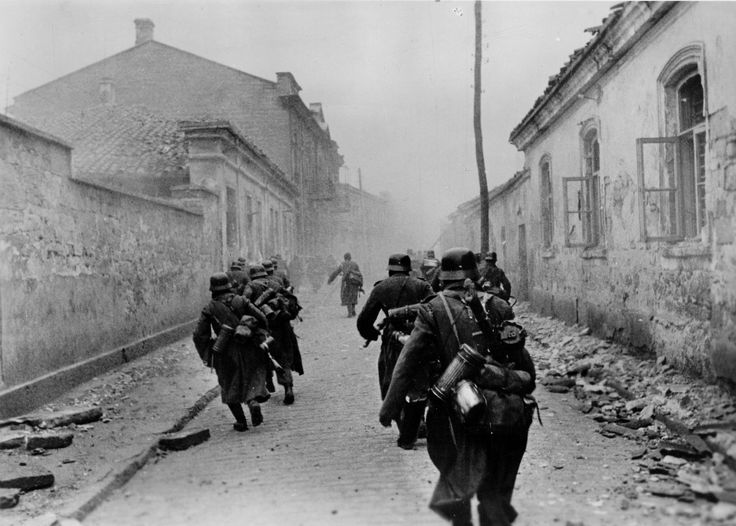Kersey
New Member
It is impossible to determine when the invasion truly began, as it is entirely unknown when exactly their dormant Virus first arrived on Earth. It may have always been there, waiting for the opportune moment when the climate of the planet suited it best. For mankind, however, the first effects were felt in the early summer of 1936. From across Africa and the Middle East there came reports of a strange reddish-gold substance spreading quickly across areas of a certain climate, infecting anyone unfortunate enough to come into contact with it.
 Clockwork_Magic
Clockwork_Magic
 Pat
Pat
 General Deth Glitch
General Deth Glitch
 RIPSaidCone
RIPSaidCone
 pilgrim_
pilgrim_


